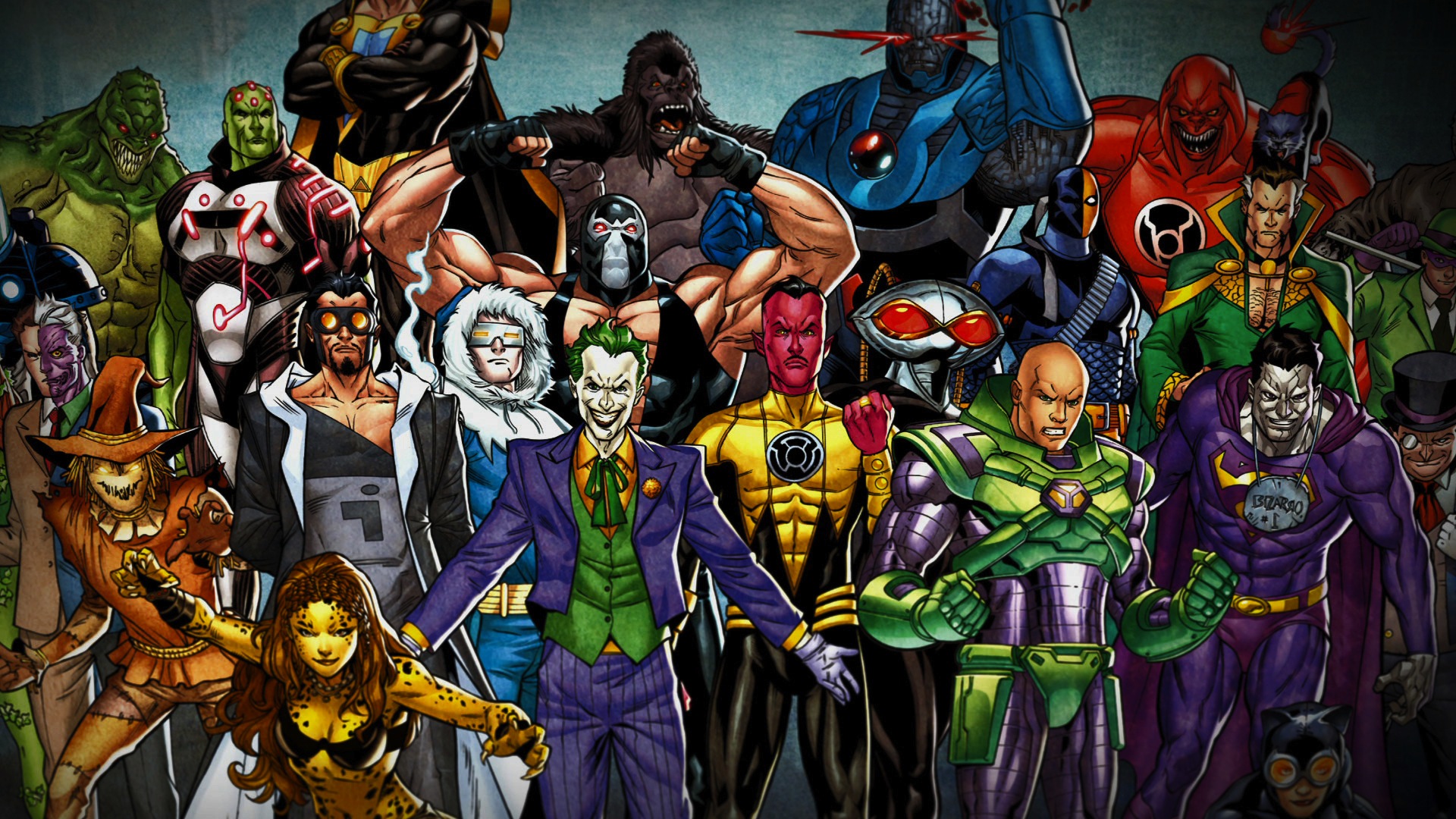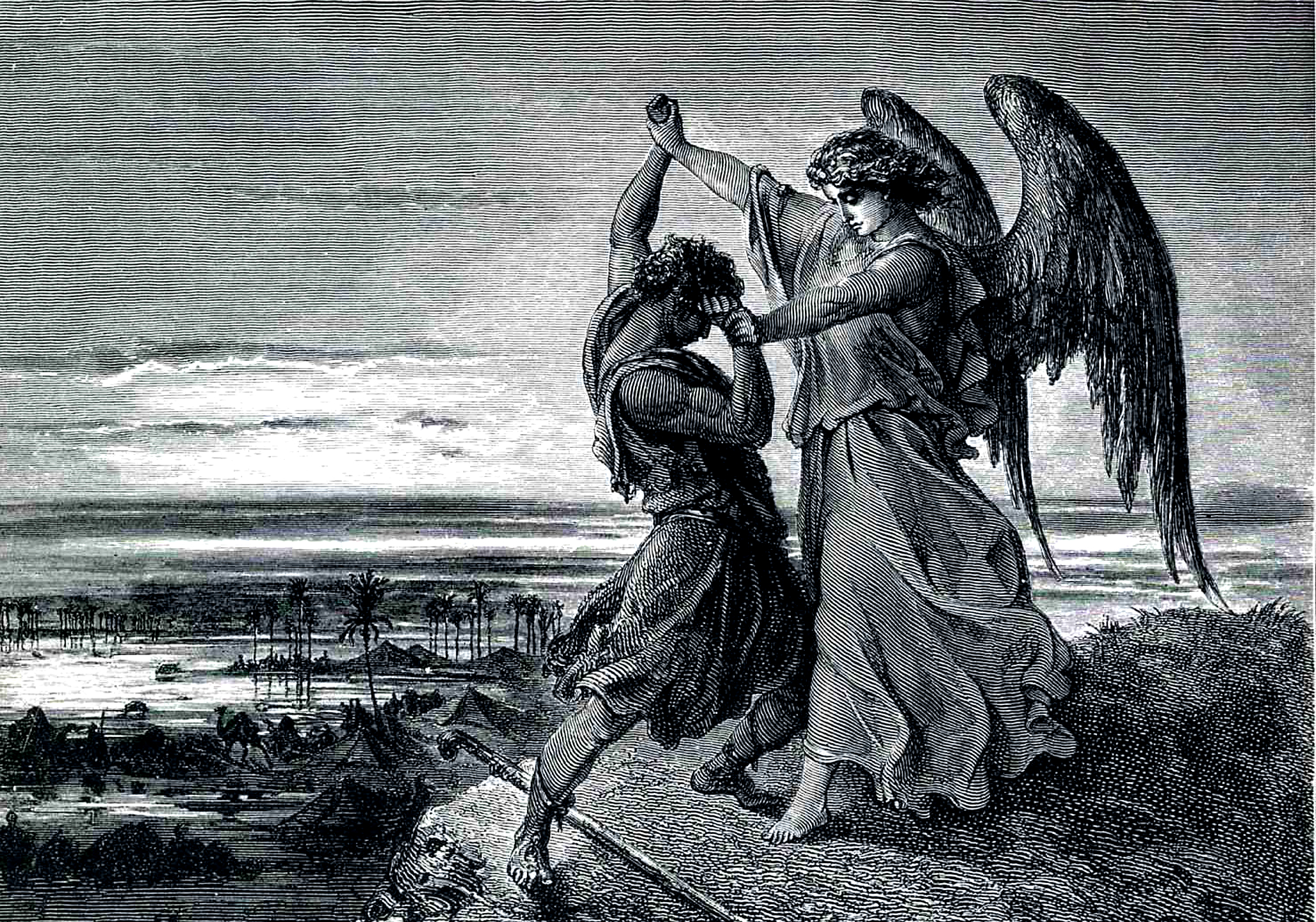Monsters are often born of myths and legends. Oh sure, there are some born of fiction. There even some created specifically for games, like the Beholder. Many of the iconic monsters pull from real world legends, though.
The Dragon is one of the oldest of man’s monsters. There are legends of dragons all over the world and they seem to even predate written language. Could be someone saw a dinosaur fossil and wondered about the monsters.
The Minotaur is an old D&D standard. The Minotaur has the head of a bull and the body of a muscular man. In D&D they are a race, a particularly savage one in many examples. In the original myths, it is a solitary creature.
In the story of from Crete, Minos tried to become king and was opposed by his brother. He decided to pray to the god Poseidon to get his favor in the dispute. The god agreed and sent a white bull. Minos was supposed to kill the bull to show his devotion. Minos really liked the bull. It was a nice bull. So, Minos decided maybe he would not kill the bull. He killed one of his own less pretty bulls. Who would notice?
Poseidon totally noticed.
To punish Minos the sea god got…..creative….and gross. He made Minos wife fall in love with the bull. Yes, this leads to a scene we don’t want to picture. Let’s move along to the results and get past the messy and improbably biological questions. The child that is born is the Minotaur. The child is unnatural so the only food which sates its hunger is human flesh. We can’t have junior eating random villagers so they imprison him in an impossible maze called the Labyrinth.
The Medusa is another big monster in Dungeons and Dragons. It is again treated as a race, rather than a lone monster. In Eberron novels, there are even some compelling stories involving them.
The myths vary, but there was either 1 or 3 Gorgons, one of which was definitely Medusa. Gorgon was the Greek name for female monsters. In one myth, Medusa and her two sisters, Phorcys and Keto were monsters with wings and snakes for hair. They just existed from time beyond counting and hated men. The later myth was better known, and less pleasant. Ovid wrote about Medusa and described her as surpassingly beautiful. She was so beautiful that that pesky sea god, Poseidon, decided to rape her. Apparently, in old myths, this was a thing. Gods were pretty terrible in most mythologies.
To make matters worse, Athena is deeply offended by the rape. She decides to take it out on Medusa, though. Ovid, the Roman poet who related this version thought that was great. Ovid was an ass. He is dead now.
So Athena makes Medusa so hideous that any who who looked upon her would turn to stone. Years later, when Perseus needed the head of Medusa to turn a king to stone. Why Perseus could not just kill the king, which seems easier, is beyond me. Either way, Athena, who was with Poseidon at the time, still didn’t like Medusa, so she helps Perseus kill her while looking into a mirrored shield.
Have I mentioned that the Greek gods are just awful? I feel like I should mention that more.
So, why am I mentioning all these terrible mythical origin stories? Well, I am making a point about monsters. Monsters can be more than just a race or a piece of scenery to the world. They can have back stories and more tragedy and pathos than simply just being monsters. Using a curse from the god is not a bad way to do this. Make the reason the monster is the way it is a result of past interaction with a god, Or a demon, or a powerful wizard…or whatever. Give a reason why they exist.
I do not think you should use the Greek gods as a good example of backstory, though. The whole gods raping, and punishing mortals bestial sex acts is definitely not okay. I can ignore it from a culture that died out nearly 2000 years ago, but It is absolutely not okay today.
The kind of curses you would use today should be more in keeping with the age we are in. Here an example one you could do without becoming gross.
The Vampire
Once there was gentle fellow named Lysander who loved to cook and would provide food to his neighbors. His skill was known to kings and his generosity was known to saints. Lysander was kind to all he met.
One day the king of the fey heard of this Lysander and his wondrous cooking. He offered the man a chance to prove his skill against the king’s own cooking. The Fairy King considered himself quite the cook.
Gentle Lysander agreed to such a contest but said he would want to be rewarded if he won. He wanted to be a made a lord of his own and to have his children inherit his domain. He wanted power and influence if he won, so that he could do some good in the world beyond just making a fine meal.
The King agreed but should the cook loose, he would serve the king forever. Eternal life and an eternal hunger would be his. This would drive him to cook more, after all.
The competition began and never has such a meal been made. Meats of beasts that never existed were provided and the seasoning from worlds beyond worlds were applied. Time lost meaning and each cook provided their very best. The Goddess of the hearth was invited to test the food.
After trying a dozen courses from the Fairy King she declared she had never tasted food so fine. The king was pleased and smiled broadly. When she tasted the dishes prepared the kind human cook, she wept openly and declared that no one had ever made her a better meal. The man exulted in this and cheered.
The King of the Fairy Court was not pleased with this outcome. He would not easily forget being bested by a human. He would punish Lysander for believing himself better than a lord of the fey. When it came time to grant the agreed-on prize, the king declared he would pay what he owed and more.
“For you wished to have a domain, I will grant you a great one. I grant you the night. Your children shall inherit it, but they shall never leave that domain. The day will be an unwelcome land to them. I also grant the reward of eternal life. Let you forever enjoy your reward. I give you also eternal hunger. You will never let your hunger for the blood of life ever subside. Let your heart not beat. Let your taste only be for blood and ashes. With these gifts I reward your victory and your lack of deference. May you enjoy them forever more. “
With that the first Vampire was born. The simple kind Lysander became a monster. His curse was passed to others and now his children rule the night.
This is just an example I threw together. The thing is with making monsters a curse you begin to view them differently. A pc might try to free one from its curse before trying to kill it. They may seek a special weapon from the Fey or maybe some hidden lore in this first vampire. The story gives it a range of story options beyond what you might get if Vampires just always existed. You can use a curse to give your monsters a little more depth. It is not a tool for every encounter, but it could add some extra flavor to some.




